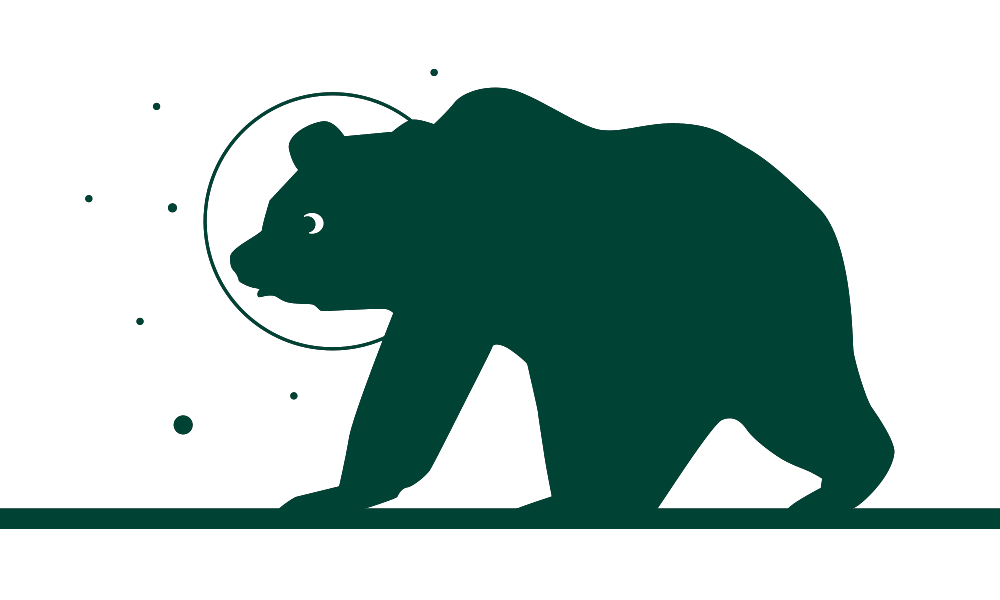Planet Moscow
Comments and analysis of Moscow’s foreign policy and developments in the “post-Soviet space”

Comments and analysis of Moscow’s foreign policy and developments in the “post-Soviet space”

The hard line on Vladimir Putin is weakening, in Germany and elsewhere.
With Nord Stream 2 Russia’s President Vladimir Putin is nearing his goal of cutting Ukraine out of the gas supply picture.
There are growing signs that an armistice is taking hold in eastern Ukraine. It would be no victory for Vladimir Putin in Moscow’s undeclared hybrid war, though.
Russia’s President has used Europe’s dependence on Russian gas as a powerful geopolitical lever. But energy geopolitics is a risky game, especially with Brussels now poised to take advantage of opportunities to permanently slash Gazprom’s market share.
Don’t fall for Russian President Vladimir Putin’s nuclear grandstanding: economically, he has his back to the wall. The deployment of US troops and heavy weapons in Eastern Europe would only play into his hands.
No, the West has not (yet) lost Ukraine, and the fragile Minsk truce and Western sanctions on Moscow have not (yet) failed. But Vladimir Putin’s 19th-century fixation on national military greatness may yet spoil attempts to stabilize the situation.
Fyodor Lukyanov says that the EU is living a fantasy, while Russia practices the kind of realism that has always guided international policy. Ulrich Speck disagrees – countries have always looked out for themselves, but they have also respected norms.
There are four Western scenarios on the Ukraine crisis competing to explain where we stand: the McCain, Mearsheimer, Motyl, and Merkel theses. Which is right? (Part 2 of 2)
As the sober National Interest warns that America and Russia are “stumbling to war,” roughly four Western scenarios compete to explain where we stand in the year-old Ukraine crisis. Let’s call them the McCain, Mearsheimer, Motyl, and Merkel theses of, respectively, Russian aggression, Russian hegemonic privilege, Russian decline, and Russian paranoia. (Part 1 of 2)
Today Russia fights not against real fascists in Germany, but against imaginary ones in Ukraine. Given this, it might make sense to radically shift the focus of the holiday.
The main cause of the conflict between Russia and the West lies in the internal legitimization deficit of Putin’s own system. A closer cooperation with Moscow’s Eurasian Economic Union (EEU) would not only undermine the EU’s values – the Kremlin is simply not interested. A reply to Mark Leonard’s and Ivan Krastev’s “The New European Disorder.”

